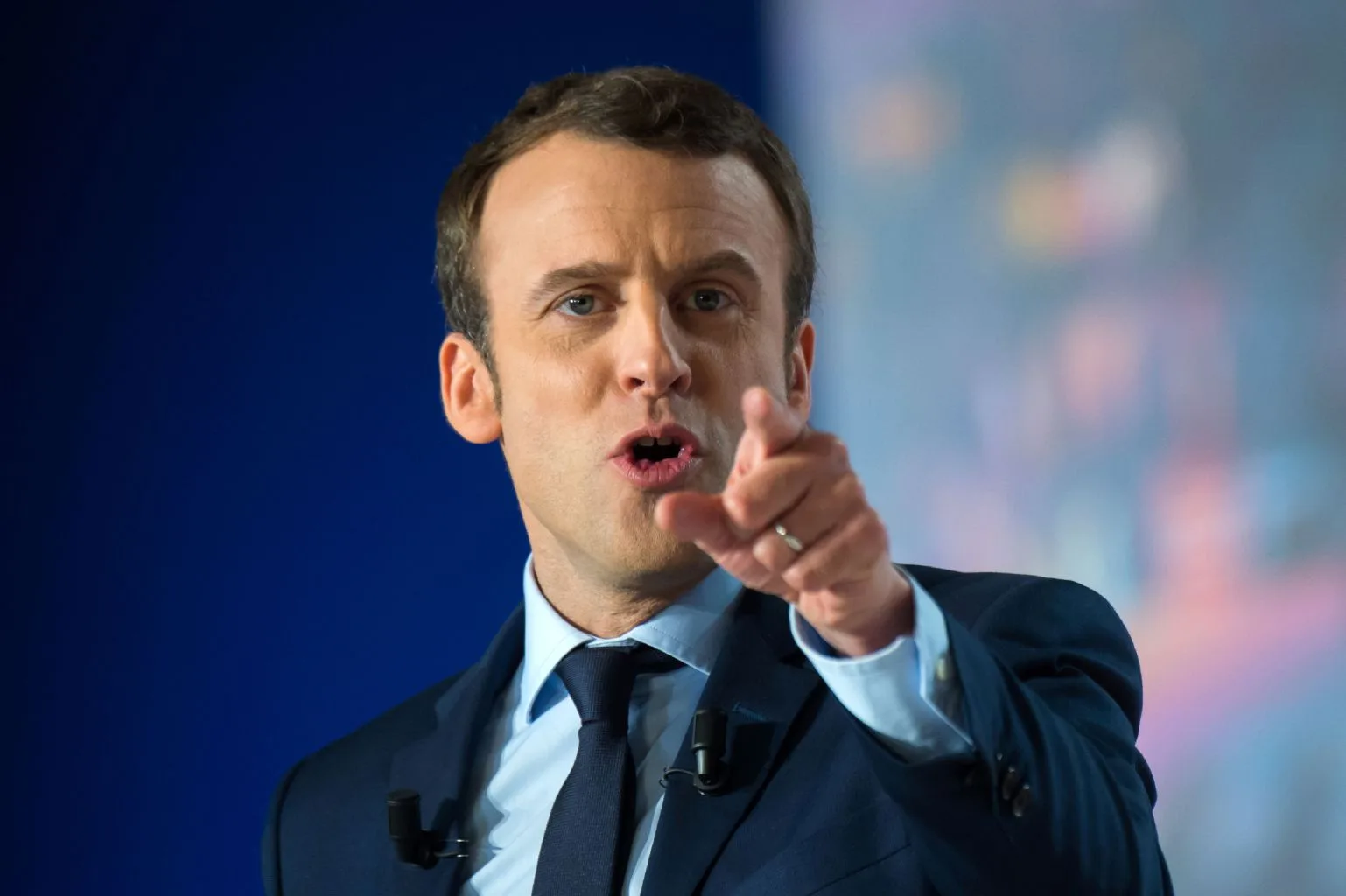The Nigerian Presidency has dismissed recent remarks by Kemi Badenoch, leader of the UK Conservative Party, likening Britain’s challenges to governance issues in Nigeria, stating that her comments hold no significance for Nigeria’s international relations or investor confidence.
During her first address of the year at an event by Onward, a British think-tank, Badenoch warned of the risks to Britain’s system, using Nigeria as an analogy for ineffective governance. Her statements, however, drew criticism from Nigerian officials, who deemed them unproductive and rooted in political populism.
Responding to the remarks during an interview on Channels Television’s Sunrise Daily, Daniel Bwala, Special Adviser to the President on Policy Communications, dismissed Badenoch’s comments as inconsequential, noting that she is not part of the UK government in power. “International relationships or collaborations are typically dealings between governments. Because she’s not in government, her remarks will have no effect,” Bwala stated.
He also pointed out that investors are likely to evaluate her statements critically, given her Nigerian origin, and would not be swayed by rhetoric.
While acknowledging Badenoch’s achievements in the UK, Bwala argued that her approach relies on stoking public discontent. “Kemi belongs to the right-wing base in the UK, which often feeds off populism by leveraging public anger. Her rhetoric of denigrating and demarketing Nigeria appears aimed at securing support within her party,” he explained.
Drawing a contrast, Bwala highlighted that UK Prime Minister Rishi Sunak, despite his Indian heritage and India’s social challenges, has never resorted to publicly criticizing his ancestral homeland for political gain. He described Badenoch’s approach as counterproductive and unnecessary, suggesting that it undermines her credibility as a leader of Nigerian descent.
The Presidency’s response underscores Nigeria’s commitment to maintaining a positive global image, while urging foreign leaders, especially those with ties to the country, to avoid rhetoric that could harm its reputation.



